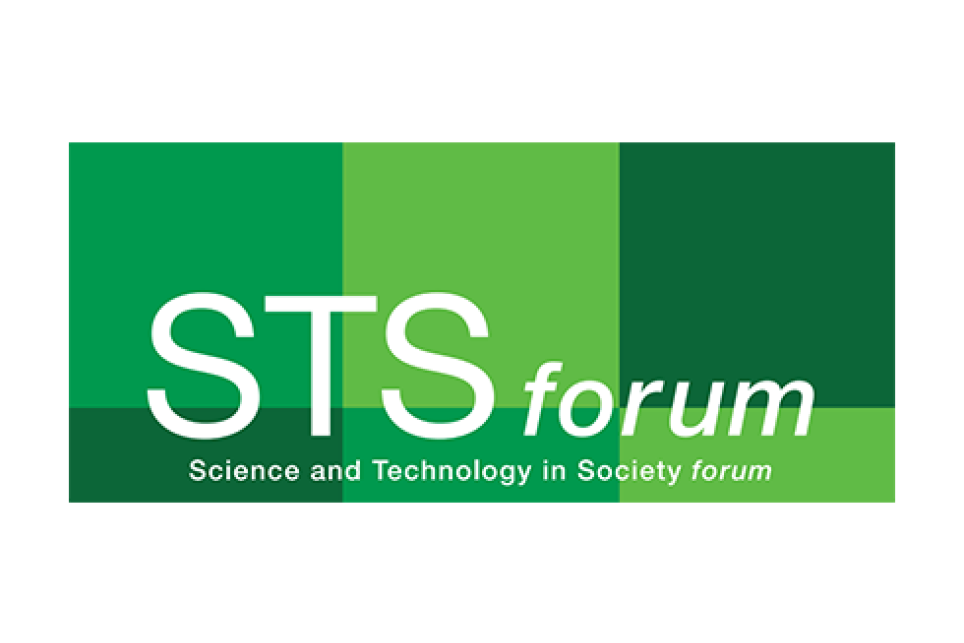
The annual international Science and Technology in Society (STS) forum is an opportunity to discuss how science and technology will impact the future health and sustainability of the planet.
The STS forum aims to provide a new mechanism for open discussions on an informal basis, and to build a human network that would, in time, resolve the new types of problems stemming from the application of science and technology. The forum community will also explore the opportunities arising from science and technology, and address how to remove the barriers to using science and technology to solve the problems facing humankind.
Kyoto
Japan
Get Directions
Stay informed
Sign up for updates
Knowledge and awareness about potential hazards associated with scientific innovations help in minimizing risks and promote best practices that improve safety. Sign up to learn more about our initiatives, partnerships, upcoming events, and free resources.
By submitting this form, I am opting in to receive communications from UL Research Institutes (ULRI) containing news and updates about its work and initiatives. I understand that I can manage my preferences at any time and agree to ULRI’s online policies.